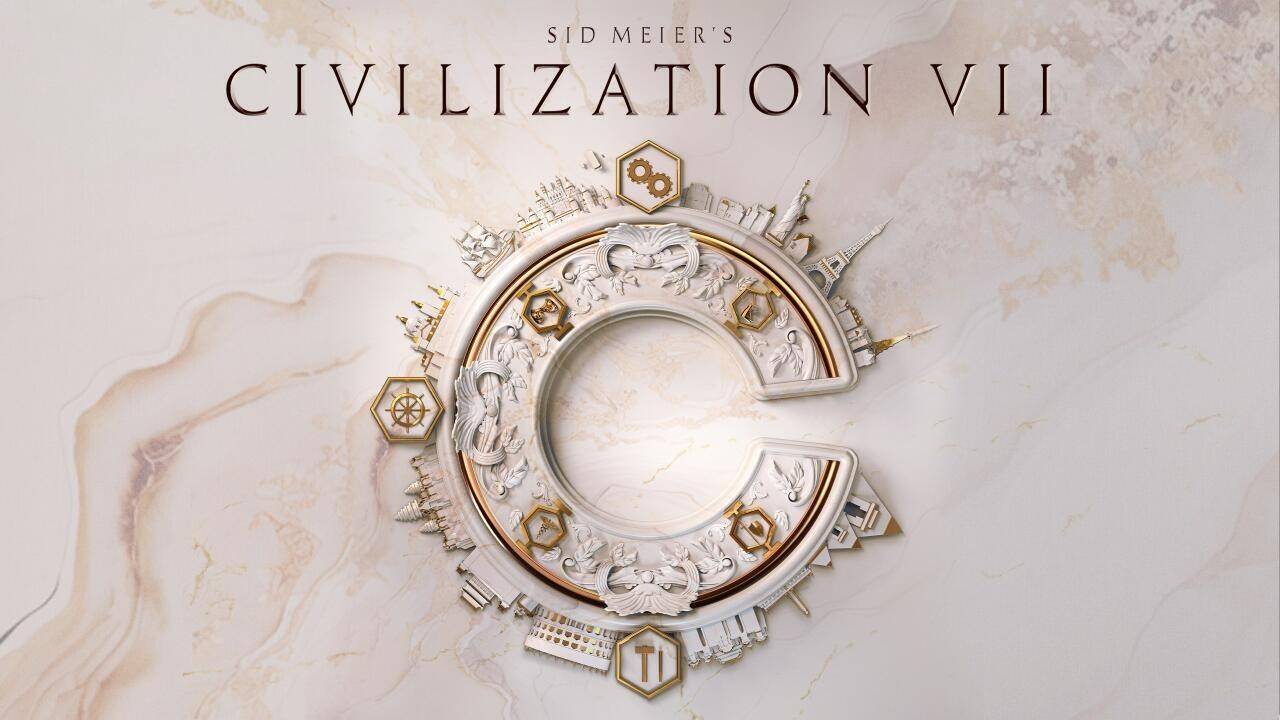Civilization VII Garners Mostly Positive Reviews

With the much-anticipated release of Sid Meier's Civilization VII just a week away, the review embargo has been lifted, giving us a glimpse into what fans can expect from this latest installment. Gaming outlets have shared their impressions, and we've distilled the key points for you.
The standout feature that has garnered widespread acclaim is the new Era System. Unlike previous games, Civilization VII introduces a dynamic progression where civilizations evolve through distinct eras, each with its own set of technologies and victory strategies. This innovative approach addresses past issues like overly long matches and the dominance of a single civilization, making each era feel like a unique game within the larger experience.
Another praised addition is the flexibility to mix and match leaders with different civilizations. This feature injects a fresh layer of strategic depth, enabling players to leverage the unique strengths of various leaders and civilizations, even if it means bending historical accuracy.
Reviewers have also lauded improvements in city placement mechanics, enhanced resource management, better district construction, and a more streamlined user interface. However, some critics noted that the interface might be overly simplified for their taste.
On the flip side, several reviewers mentioned that the maps in Civilization VII feel smaller than in previous titles, which can detract from the grand scale fans have come to expect. Technical hiccups, including bugs and frame rate drops when navigating menus, were also reported. Additionally, some matches were said to end abruptly, leaving players puzzled about the outcome.
Given the vast and replayable nature of Civilization, forming a definitive opinion on Civilization VII will take time as the community explores all possible strategies and combinations. However, the early reviews offer a solid foundation for first impressions, setting the stage for what promises to be another epic journey through the annals of history.





























